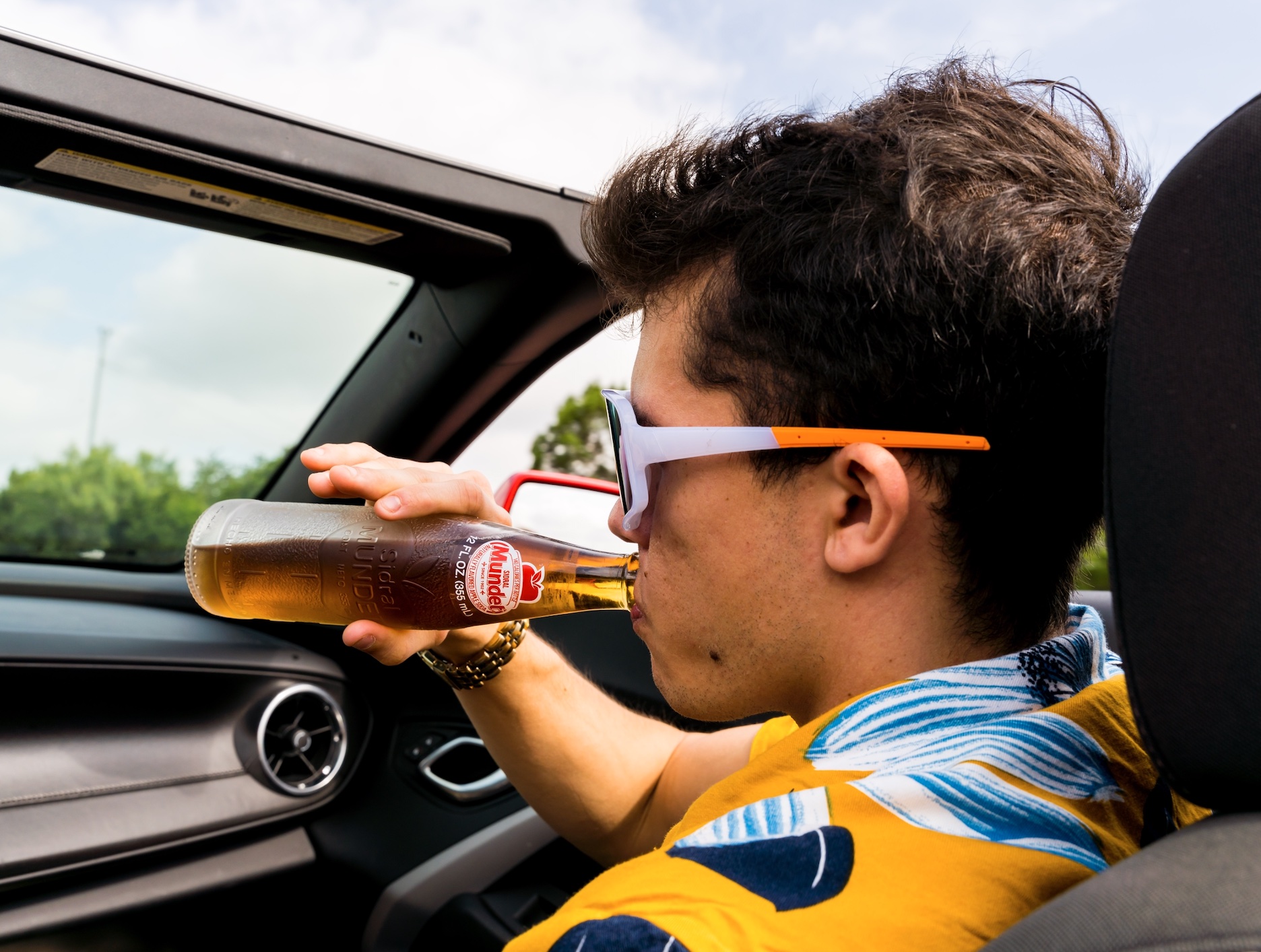A person convicted of a DUI after being convicted of DUIs before might be required to install an ignition interlock device in their vehicle.
Intoxication and driving simply do not mix under any circumstances. Each state has laws prohibiting drivers from getting behind the wheel of a vehicle after having too much to drink. In Pennsylvania and most other states, drivers can be charged for driving under the influence (DUI) if their blood alcohol concentration (BAC) is .08% or higher. There may also be scenarios where a DUI can be charged when a driver’s BAC does not necessarily meet the legal limit. One DUI on your record is bad enough, but you can really run into trouble when you have multiple DUIs.
DUIs are unique charges because the more you have on your record, the worse your penalties may be. For example, the penalties for a second DUI are often harsher than the penalties for your first. The idea is that DUIs are inexcusable, and the more they happen, the more harshly a defendant should be punished. In Pennsylvania, your third DUI could be charged as a felony.
Penalties for Multiple DUIs in Pennsylvania
Not all DUIs are the same in Pennsylvania. The nature of your charges and penalties are determined by the number of DUIs on your record and your level of intoxication. Pennsylvania has three “tiers” of intoxication under 75 Pa.C.S. § 3802:
- “General Impairment” is assessed when a driver has a BAC of at least .08% but less than .10%. It may also be assessed when the driver cannot safely operate a vehicle after drinking, no matter how low their BAC is.
- “High Rate of Alcohol” is charged when a driver has a BAC of at least .10% but less than .16% within two hours after driving.
- “Highest Rate of Alcohol” may be charged if the driver has a BAC of at least .16% or more within two after driving.
Typically, a first DUI is charged as a misdemeanor. Under 75 Pa.C.S. § 3803, a driver with no prior DUIs on their record within the last 10 years or no more than one prior DUI may be sentenced to up to 6 months in prison and a fine. A second offense may be charged as a higher graded misdemeanor, but the precise degree of misdemeanor may depend on various other circumstances, including the driver’s level of intoxication and whether anybody was injured.
In addition to the penalties for the misdemeanor charges, you may also face a license suspension, additional fines, and mandatory drug and alcohol treatment courses. You might also be made to install an interlock ignition device in your car that prevents you from driving if any alcohol is detected on your breath. When a driver has subsequent DUIs, these penalties tend to increase or become more severe. Not only does this mean that your criminal charges may be upgraded to a more serious misdemeanor, but the other penalties for DUIs also increase. This means higher fines, longer license suspensions, and additional restrictions.
Felony DUI Charges in Pennsylvania
You can only have so many DUIs on your record before the consequences become severe. In cases of standard DUIs, if you have three or more on your record within the past 10 years before your current case, you may be charged with a third-degree felony instead of a misdemeanor. This rule applies even if your current charges are for a lower-level DUI offense.
You could also be charged with a felony DUI with only two prior DUI offenses if your third offense involves charges for a high rate of alcohol or highest rate of alcohol. Similarly, your third DUI will be charged as a third-degree felony if you had a passenger under the age of 18 in the vehicle with you.
A third-degree felony is far more serious than a misdemeanor. Felonies are punished by time in state prison rather than jail. For a third-degree felony DUI, a defendant could be sentenced to a maximum of 7 years in state prison. Felony DUIs charged for a high or highest rate of alcohol may also be punished by at least one year in prison and fines and thousands of dollars in fines.

The exact penalties in your case might be somewhat different as they are influenced by the unique circumstances surrounding your DUI. However, a felony DUI may certainly be charged when a driver has two to three prior DUI convictions on their record. Your penalties will be much worse, and your criminal record will now have a felony conviction, making your life even harder in the future.
Restrictions on Drivers with Multiple DUIs in Pennsylvania
Drivers with a history of DUIs may encounter other restrictions. Not all these restrictions are part of criminal penalties. Rather, some restrictions are meant to make drinking and driving more difficult for the driver. However, a violation of these restrictions could lead to additional criminal charges and penalties.
A person convicted of a DUI after being convicted of DUIs before might be required to install an ignition interlock device in their vehicle. The device is connected to your car and requires a driver to blow air into it before starting the vehicle. If any alcohol is detected on the breath, the car will be unable to start. Generally, a driver with a second DUI within 2 years of their first will be required to install an ignition interlock device.
It is also illegal for an interlock-restricted driver to operate another vehicle that does not have the device installed. This means you are forbidden from borrowing someone else’s car. It is also a crime for the driver to get a friend to blow into the device for them.
In addition, a driver with multiple DUIs on their record risks having their license revoked. A revocation is not like a suspension. After a suspension, the license is typically reinstated at the request of the driver. When a license is revoked, the license is gone forever. If the driver wants a new license, they must reapply after the revocation period ends and take all the necessary tests to be issued a new license. It is also possible they could be denied a new license if they cannot be trusted to drive without drinking.
How to Handle Cases of Multiple DUIs in Pennsylvania
The best thing a driver can do after being charged with a DUI is to contact an experienced attorney. It does not matter if it is your first DUI or you have a long history of DUIs. An attorney will have the skills and knowledge needed to fight your charges and protect your rights, or potentially appeal a prior conviction. You must also have a lawyer to help you double-check your driving record. Pennsylvania typically follows a 10-year rule when it comes to prior DUIs. If prosecutors try to include DUIs from before 10 years ago in their calculations, your attorney can help you object.


Join the conversation!